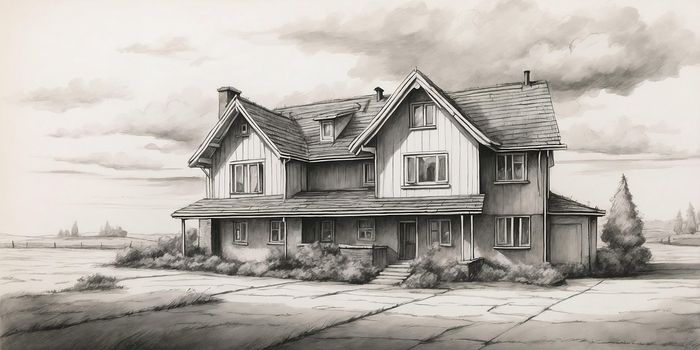Midwest agriculture more vulnerable to climate change than ever
The approaching climate doomsday has been the talk of the town lately – but particularly so for the Midwest agriculture industry. A new study from Cornell University suggests that midwestern agriculture is especially vulnerable to consequences from climate change because the region relies heavily on rain for crop irrigation. The study, entitled "Growing Climatic Sensitivity of U.S. Agriculture Linked to Technological Change and Regional Specialization,” was published recently in Science Advances.
"We're trying to get a big picture idea of what is going on," said Ariel Ortiz-Bobea, the lead author of the study and an assistant professor of applied economics and management at Cornell. "The data capture every state's agriculture over the past 50 years. If you see in the aggregate data that something big is happening, this really captures massive processes that are affecting many people at the same time."
The data Ortiz-Bobea and co-author Jesse Tack used to assess the impact that extreme weather has on agricultural productivity suggests that specific regions of the US – looking at you, Midwest – are more prone to suffer under the conditions of our warming planet. The researchers focused not only on the agricultural output of field crops but also on that of livestock. This was the first study to examine such a large set of data nationally.
The Midwest is primarily responsible for the cultivation of rain-fed field crops like corn and soybeans. Though the US as a whole depends heavily on this region and the crops it produces, warmer temperatures and unpredictable rainfall have already starting negatively affecting the agriculture industry.
Using accumulated data to map 50 years of agricultural productivity and climate information from 1960-2004, the researchers determined that the 2-degree Celsius rise in temperature during the summers of the ‘60s and ‘70s resulted in an 11% drop in productivity. An even greater fall in productivity (29%) was seen after a similar same rise in temperature in 1983.
Ortiz-Bobea puts the situation into perspective, commenting that the region can expect to see a significant drop in productivity. "Specialization in crop production is a compounding factor," said Ortiz-Bobea."Most of the agriculture in the Midwest is corn and soybeans. And that's even truer today than it was 40 years ago," Ortiz-Bobea said. "That has implications for the resilience to climate of that region, because they're basically putting all their eggs in one basket, and that basket is getting more sensitive."
Sources: Science Daily, Science Advances









